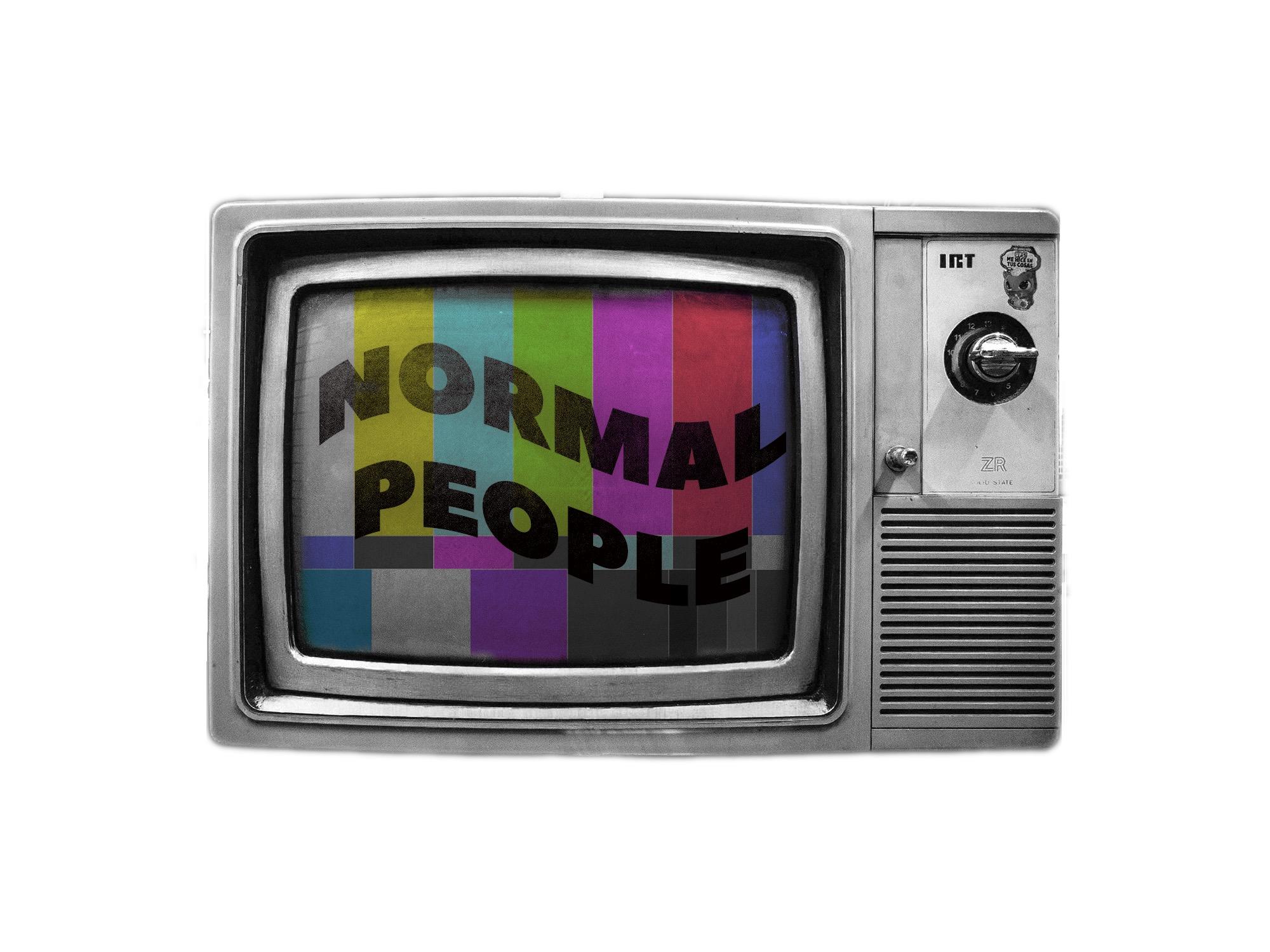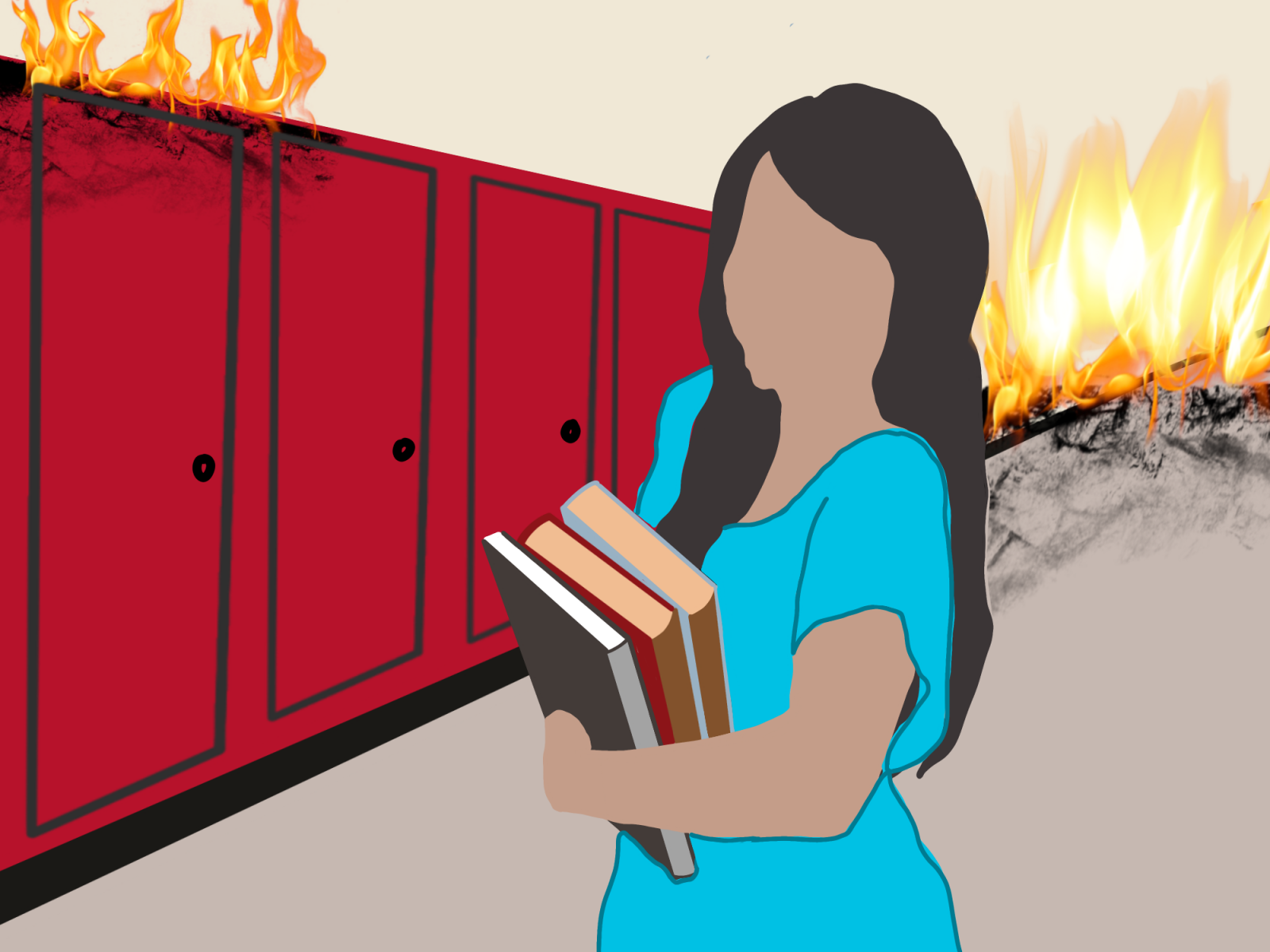As new trends become part of popular culture, the entertainment industry inevitably shifts to reflect these changes.
Around 2019, true crime was dominating show business. Documentaries such as “Conversations with a Killer: The Ted Bundy Tapes” and “Don’t F**k With Cats: Hunting an Internet Killer” that were released on Netflix promoted a morbid fascination for serial killers and unsolved murders.
Almost at the same time, another sub-genre started to gain popularity, mainly thanks to “The Crown” and other popular shows of its nature. Period dramas have also begun to take a more fictional turn, as exemplified by the recent success of Netflix’s “Bridgerton.”

This pattern shows a natural desire for an escape from the redundancy of everyday life into unknown or obscure worlds. After all, returning to normalcy is only a matter of pausing the episode and turning off one’s computer. Apart from these trends, a sudden appreciation for mundane, ordinary characters and plots seems to be rising.
An explanation for this could be the pandemic — people crave the normal lives they always took for granted.
Protagonists of these novels, movies and shows are relatable characters whose lives are characterized by day-to-day familiar challenges. Depicting the world in such a realistic way is refreshing and celebrates the beauty of banality.
For example, Noah Baumbach’s “Marriage Story” is a raw depiction of divorce. Amazon’s “Modern Love” dedicates each episode to a different and quirky real-life love story. And “Normal People,” a Sally Rooney novel turned BBC Three and Hulu adaptation, has a rather self-explanatory title.
BBC Three recently revealed “Normal People” to be the most-watched series in the channel’s history.
The main characters, Connell and Marianne, are two Irish high school students who have nothing in common except for their sensitivity. As their lives progress in different directions — even when they attend the same university — the couple strives to preserve their incredibly rare connection.
What makes them special is that they are simply normal people. Because there is nothing outstanding about them, the audience is able to relate to and sympathize with them.
“Normal People” is a true celebration of humanity in its purest form and can be interpreted as a modern guide for surviving youth.
Both Connell and Marianne struggle with navigating friendships. Connell’s social anxiety and insecurity first prevents him from being himself and later causes him to experience loneliness. Marianne, on the other hand, goes from being a loner in high school to being adored by people who seek to exploit her social status in college.
The only genuine relationship portrayed in the story is between the two protagonists, which proves how rare it is for people to find lifelong connections. Marianne acknowledges this privilege, saying, “Most people go through their whole lives, without ever really feeling that close with anyone.”
These few special bonds in life should never be taken for granted because they are irreplaceable. Furthermore, the couple’s ability to freely communicate with one another suggests solid friendships stay sincere and instinctive.
The family dynamics with which one grows up also greatly shape future life. It takes courage to recognize this and even more to actively work against it.
Many young adults are stuck in their harmful past because they are unable to move on and create the lives they want. Such challenges are common, but unrepresented on screen — at least not in a realistic manner.
Connell and Marianne, however, exemplify a generation of teenagers who do not need to rebel to overcome the issues they are born into. Instead, the two offer inspirational behaviors to cope with them.
Marianne comes from a wealthy family that provided her everything but love — to the point of convincing her she deserves all the damage she receives from others.
“Just because people treat you badly at times, it doesn’t mean you deserve to be treated badly,” her co-protagonist tells her. These words persuade her to pursue change and free herself from the overwhelming negativity in her life.
Her uplifting journey proves there is a light at the end of the tunnel, regardless of the current darkness. Many of the audience can find representation and guidance in Marianne’s character.
Contrarily, Connell was born into financial problems. Raised by a single mother, he always had to work part-time to afford school. This created an unbridgeable class difference between him and his peers.
He shows immense maturity by using education as a weapon to break the barrier of social class. His hard work earns him a scholarship and eventually a place at Cornell University.
Indebted college students can very well see themselves portrayed in Connell’s character. Juggling university and work becomes even harder when trying to hide one’s lack of privilege.
His character showcases how passion and dedication can help close the privilege gap — a reassuring message that, although much needed for a young audience, is never stressed enough.
Even if normal and honest stories do not take the audience on surreal journeys across time, they have the power to be enriching and fruitful, while still allowing their viewers to daydream about lives that are within their reach.






























































































































Yvette Zoltowska-Darska • Mar 8, 2021 at 6:41 am
“Just because people treat you badly at times, it doesn’t mean you deserve to be treated badly”. ? Thank you for this text.